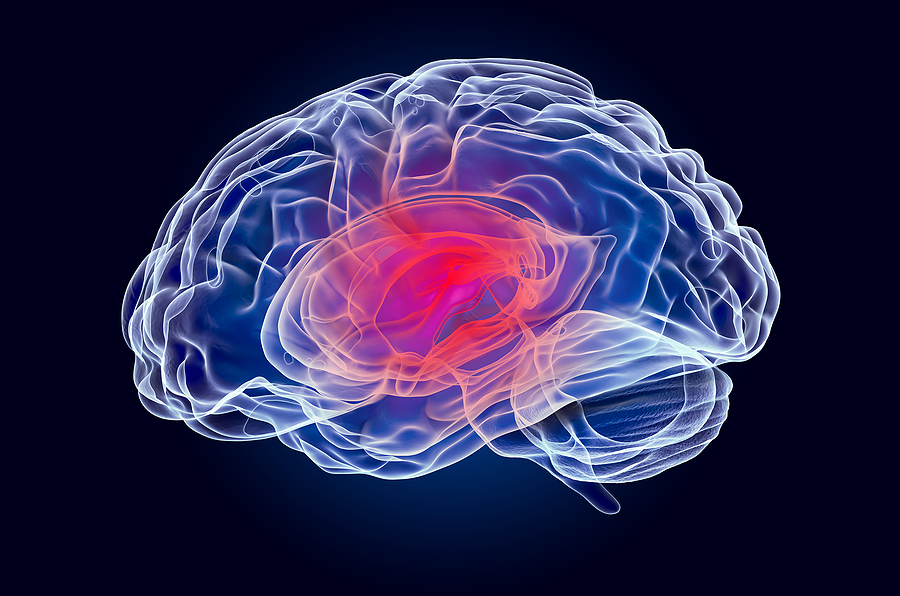
Brain Injury Awareness Month
March is Brain Injury Awareness Month and a reminder that injuries to the head are serious. As personal injury attorneys, we understand the life-changing effects a brain injury can have on clients. In our latest blog, we will discuss ways to prevent brain injuries, signs and symptoms to look for, and how our firm can help those who have suffered a Traumatic Brain Injury (TBI).
This information is especially important for young people ages 15-24, children under the age of 5 and adults over 75, who sustain most of reported brain injuries in the United States.
Brain damage can occur from a blow, sudden jolt, or any time there is oxygen deprivation such as in swimming pool drownings or birth trauma. TBI also can occur from a penetrating head injury. The most common cause of traumatic brain injury in Florida is falling (42%), followed by traffic crashes (21%), and then violence like gunshots to the brain.
When there is an injury to the brain, either in an adult or child, there are sometimes very subtle cognitive, behavioral, emotional, and physical changes. Often an injured person is completely unaware of the emotional and functional consequences following a TBI. Common symptoms include short or long-term functional changes that affect a person’s ability to think, speak, learn, express, and contain emotions. People with TBI often feel alone, anxious, depressed, and angry, and have a loss of motivation.
The physical injuries associated with brain damage include: seizures, muscle spasms, double vision, blindness, loss of smell, loss of taste, slurred speech, headaches, fatigue, and trouble walking or standing. Often people appear to have stroke-like symptoms.
Traumatic Brain Injuries can occur after the following:
- Car Accidents
- Slip and Falls
- Assaults
- Child Abuse
- Workplace Accidents
- Military Combat
Avoiding brain injury: Advice for all ages
The best strategy for reducing your chances of brain injury are listed below.
- Always wear a seatbelt.
- Secure children properly in car seats.
- Ensure that children play in playgrounds made of shock-absorbing material, such as mulch, rubber, or sand.
- Install stair gates and window guardrails in homes with young children.
- Always wear a properly fitting helmet when riding a bike, playing football, hockey, snowboarding or skateboarding.
- Do not drive under the influence of alcohol or drugs.
- Improve lighting and eliminate tripping hazards in the home and workplace.
- Use nonslip mats and install grab bars next to the toilet and in the tub or shower for older adults.
- Install handrails on stairways.
- Improve balance and strength with regular physical activity.
Concussions are serious and always require medical attention. Signs and symptoms of concussion include:
- Confusion
- Forgetfulness
- Glassy eyes
- Disorientation
- Clumsiness or poor balance
- Slowed speech
- Changes in mood, behavior, or personality
Who is most at risk for brain injuries?
A brain injury can happen to anyone, but most brain injuries occur in people ages 15-19. Children under the age of 5 and adults over the age of 75 are at an increased risk due to falls. Among children under 14, brain injury leads to an estimated 2,685 deaths, 37,000 hospitalizations, and 435,000 emergency department visits annually in the U.S. One of every 60 people in the U.S. live with a brain injury related disability. Those suffering from brain damage or TBI who are not properly diagnosed may not receive appropriate care. Surviving an accident with Traumatic Brain Injury puts enormous emotional and financial demands on both victims and their families.
Our Florida brain injury lawyers are experienced and able to assist you or a family member who has sustained a traumatic brain injury from a fall, motor vehicle accident, medical mistake, or assault. Since 1991 we have fought hard to protect the legal rights of the injured and their families. Contact us today and Speak with an experienced attorney toll-free +1-888-742-0372, local +1-305-441-0440, or by email. We offer a free initial consultation at your home, office, hotel, or hospital.
SOURCES:
Brain Injury Facts: International Brain Injury Association (IBIA) 2024
Focusing on Brain Injury Prevention During Awareness Month – U.C. Davis Health (March 3, 2023)
Concussion Care Should Top Every Youth Sports Playbook– National Safety Council (NSC)

